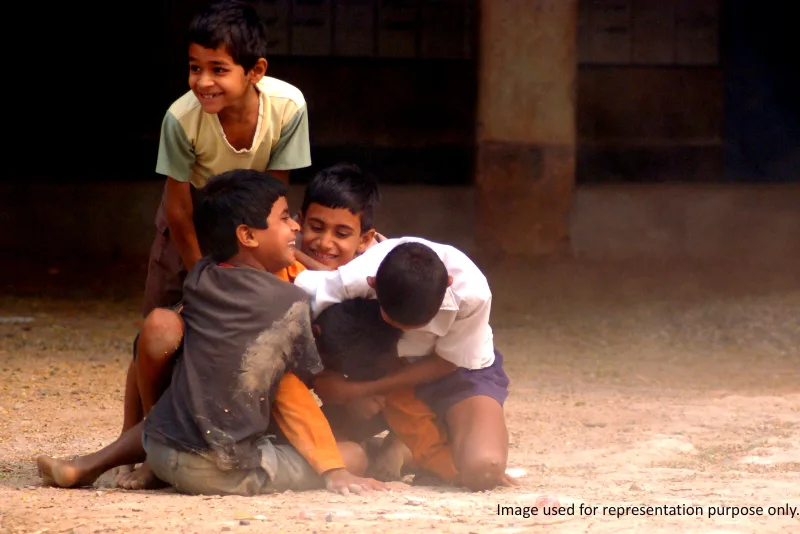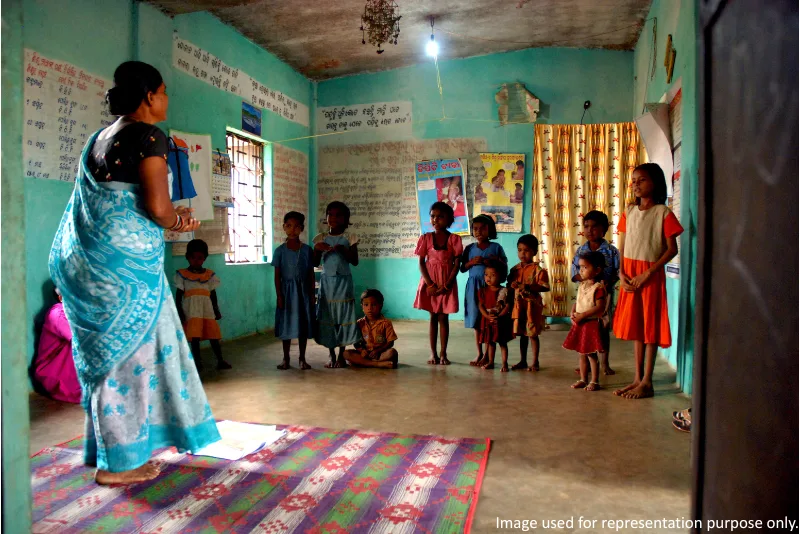
Mental health challenges faced by children: Breaking the silence
Have you ever wondered what it’s like to be a child who can’t express their feelings? According to World Health Organization (WHO), 1 in 4 ch....
Read More
As adults, we often overlook our mental health, and children are no exception. While adults have the tools to navigate emotions, children are still learning, and fear of judgment often keeps them silent. Hence, mental health awareness from an early age is crucial. It helps children understand and cope with their emotions, building a strong foundation for lifelong well-being.
Let’s explore why mental health awareness for children matters, how to spot signs of distress, and the vital role adults play in their journey.
Importance of supporting children’s mental health

Children are naturally curious, but when forced to accept decisions without explanation, they may grow fearful and hesitant to speak up. According to UNICEF, half of all mental health conditions begin by age 14, and among older adolescents, mental health issues are one of the leading causes of mortality, disease, and disability.
Supporting children’s mental health early, fosters emotional growth, resilience, and well-being, making it essential for raising confident, self-aware individuals.
Promotes emotional development: Helps children understand, express, and manage their feelings effectively.
Prevents long-term issues: Early support reduces the risk of anxiety, depression, and behavioural problems.
Builds resilience: Strengthens their ability to cope with stress, change, and everyday challenges.
Encourages open communication: Fosters a safe space where children feel heard and supported, boosting confidence and trust.
Probable signs of mental breakdown in children
Children express distress differently at each age. Here’s how signs of a mental breakdown may appear across developmental stages.
Role of schools and parents in nurturing mental well-being

While parents, caregivers, and teachers often recognise a child’s physical needs like nutritious food, warm clothes, and bedtime stories, emotional needs can be harder to spot. Here’s how parents and schools can take simple steps to nurture a child’s mental well-being.
Nurture their confidence and self-esteem
Children need to feel loved unconditionally, not just for their accomplishments. Celebrating small wins, whether it’s learning a new game or exploring something unfamiliar stimulates their interest to discover more. Actively listening to their ideas shows their thoughts matter and builds self-worth. For younger children, setting realistic goals and giving them the freedom to choose activities helps them take ownership and develop a stronger sense of self.
Correct the behaviour, not the child
A child’s cognitive development is deeply influenced by how we speak to them. Saying “That was a bad thing you did” is healthier than calling them “bad.” Mistakes and failures are part of learning. If a child fails a test or breaks a glass, mocking remarks only hurt their self-esteem. Instead, give them space to process emotions and speak supportively when they’re ready.
Encourage children to play
To children, play may feel like fun, but it’s also essential for developing creativity, self-control, and teamwork. It helps them discover strengths and build social skills. While supporting play is essential, but focusing on the experience is more important than the result. Instead of “Did you win?”, let’s ask “Did you have fun?”
Exchange your feelings with children
Whether at home or school, encourage emotional openness. If we lose our temper while teaching or managing chores, it’s important to explain, share how we felt, and apologise if we were wrong. This models healthy emotional expression.
Role of CRY UK in ensuring children’s mental well-being
CRY UK works with underserved children whose childhoods may have been disrupted by poverty, early labour, early marriage, domestic abuse, trafficking, illness, or even the burden of household chores. While we empower them with education, healthcare, and protection from societal evils, we also support to restore what was lost and help children heal and thrive.
Conclusion
Prioritising mental health awareness in children lays the foundation for a stronger, more emotionally resilient generation. By nurturing open dialogue, empathy, and safe spaces—at home, in school, and through charities like CRY UK, we empower children to understand themselves better, heal from trauma, and grow into confident, well-rounded individuals. Donate now to help children reach their fullest potential.